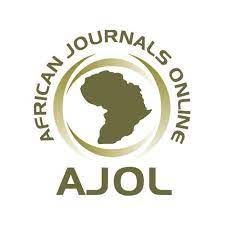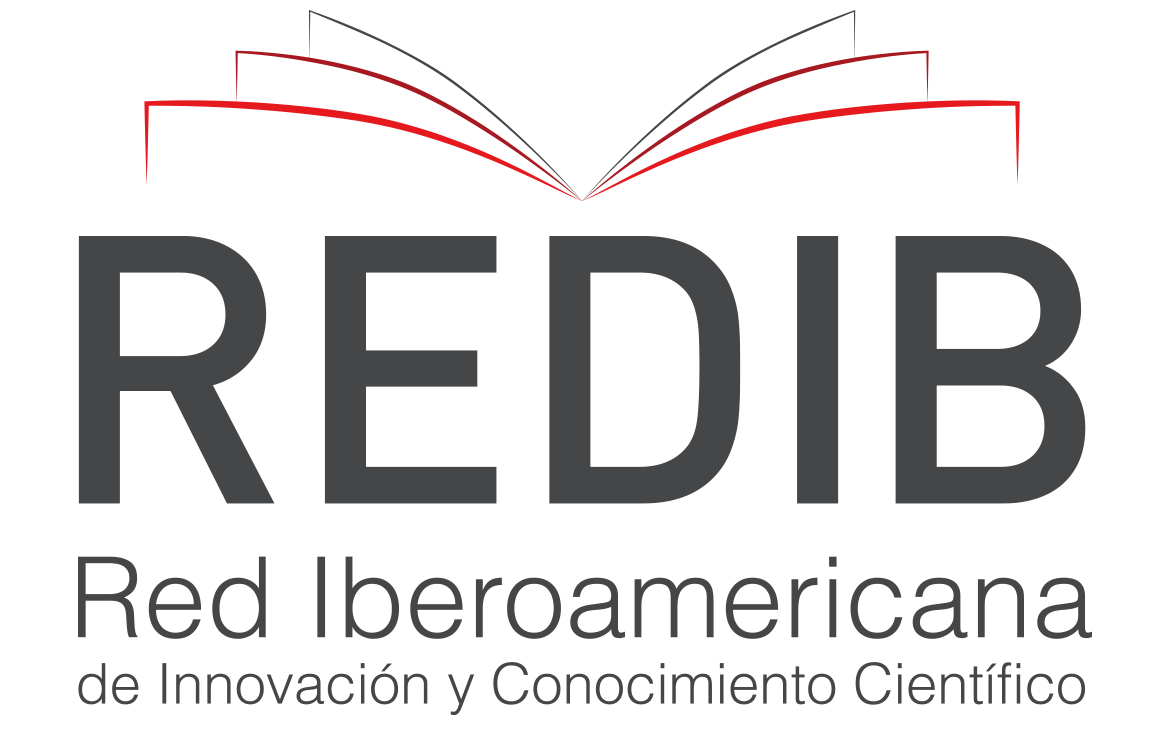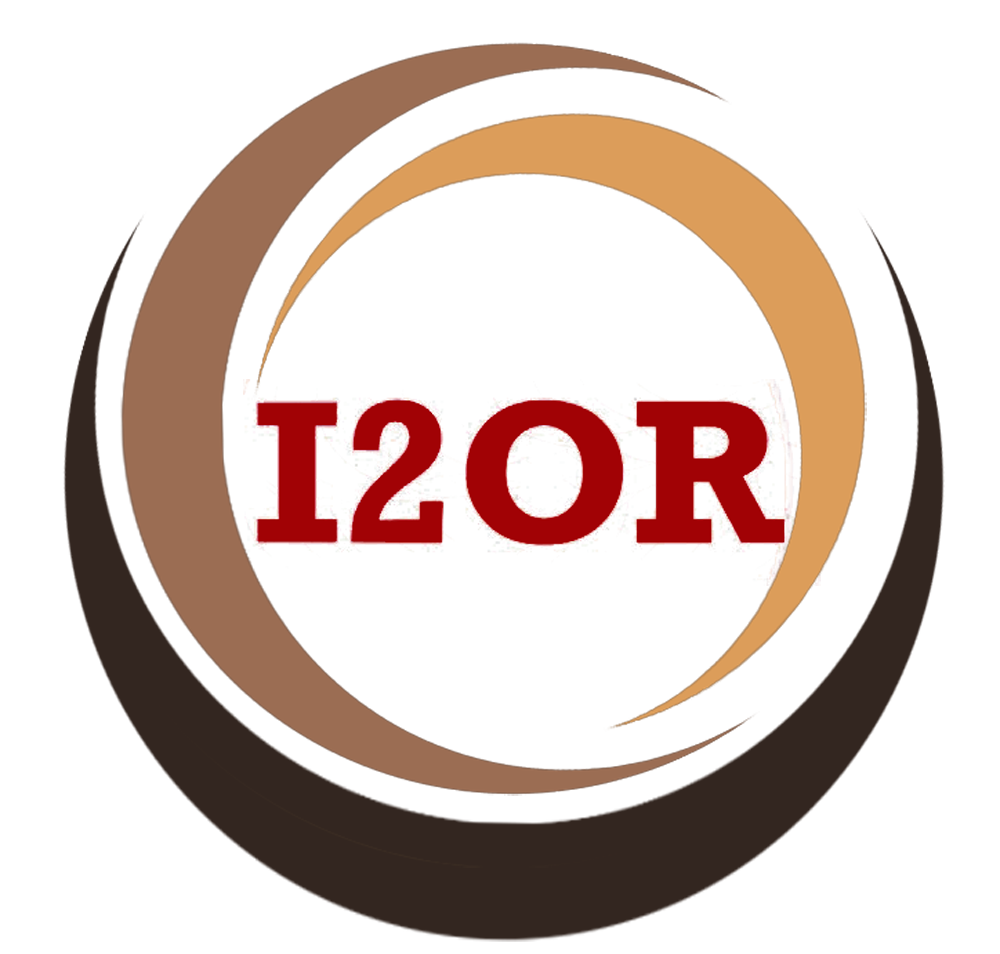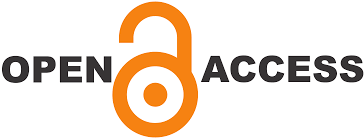Democracy and the 2063 Development Agenda in Africa. From past to future
DOI:
https://doi.org/10.54580/R0501.01Keywords:
democracy, Agenda 2063, development, past, futureAbstract
Democracy and development are two intertwined concepts and processes, especially since the advent of neo-liberalism in the late 1980s. On the African continent, the adoption of an economic development model and system of governance based on neo-liberalism was not the result of a free choice of most local political entourages adhering to the socialist model and one-party regimes, but rather of the diktats of a post-Cold War environment in which state and institutional neo-liberalism dominated, notably the World Bank (WB) and International Monetary Fund (IMF), and of states in the Global North. As a result of this, many African states were forced to carry out reforms and openings in a hurry contrary to their preferences for schemes that would guarantee the survival of their regimes, the development of a local matrix, territorial integrity, and the possibility of maturing internal democratic processes and a local bourgeois class that would later sustain both liberal democracy and a market economy. The failure of the openings operated in that context led to collective decisions within the Organization of African Unity/African Union (OAU/AU) to relaunch a development model based on local reality, whose AU Agenda 2063 appears as a response to this challenge. Therefore, with this article, I bring to reflection, through the historical method and contextualization, some elements that allow us to understand the attempt to move towards a local development model guided by Africans, amidst the difficulties of continental integration processes, of generational transition, in a continent where half the population is under 25 years old, but the gerontocracy seems not interested in yielding power.
Downloads
References
Adejumobi, S. (2000). Elections in Africa: A Fading Shadow of Democracy? International Political Science Review/Revue Internationale de Science Politique, 21(1), 59-73. http://www.jstor.org/stable/1601429.
Agostinho, I. (2022). De Movimentos Anti-Coloniais a Partidos Políticos do Establishment Elitista em África. Análise Geral. http://ilgeopolitico.org/de-movimentos-anti-coloniais-a-partidos-politicos-do-establishment-elitista-em-africa-analise-geral/.
Agostinho, I. (2018). Metodologia delle Relazioni Internazionali. Cenni concettuali generali. Roma: Edizioni Nuova Cultura.
Agostinho, I. (2018b). Angola, formação e democratização do Estado. Roma: Edizioni Nuova Cultura.
Bairoch, P. (1993). Economics and World History: Myths and Paradoxes. Chicago: University of Chicago Press.
Batsikama, P. (2015). Lumbu: Democracy in ancient Kôngo. Biblioteca de Angola: Mediapress.
Batsikama, P. (2015). Reino do Kôngo consoante a bibliografia e a tradição oral. Brasil: Livraria Pública.
Batsikama, P. (2011).O Reino do Kôngo e a sua origem meridional. Luanda: Universidade Editora.
Batsikama, P. (2010). Origens do Reino do Congo. Luanda: Mayamba.
Bjørnskov, C. e Krivonos, E. (2001). From Lomé to Cotonou: The New EU-ACP Agreement. SJFI Working Paper, 2001(14), 1-63. Statens Jordbrugs-og Fiskeriøkonomiske Institut. https://static-curis.ku.dk/portal/files/135686741/14.pdf.pdf.
Browne, S. (1997). The Raise and Fall of Development Aid. In Working Paper, 1997(143), 1-52. UNU World Institute for Development Economics Research, Helsinki. https://www.wider.unu.edu/sites/default/files/WP143.pdf.
Chazan, N. (1992). Africa’s Democratic Challenge. World Policy Journal, 9(2),279-307. http://www.jstor.org/stable/40209250.
Cortona, P. Grilli di (2009). Come gli stati diventano democratici. Roma-Bari: La terza Editore.
Hamadeh, N. et. al.(2021). New World Bank country classifications by income level: 2021-2022.https://blogs.worldbank.org/opendata/new-world-bank-country-classifications-income-level-2021-2022.
Huntington. S. P. (1995). La terza ondata. I processi di democratizzazione alla fine del XX secolo. Bologna: Il Mulino Biblioteca.
Idowu, H. A. e Mimiko, N. O. (2020). Enabling Factors for Peaceful Political Power Alternation and Democratic Consolidation in Ghana and Nigeria. Taiwan Journal of Democracy, 16(1), 161-195. http://www.tfd.org.tw/export/sites/tfd/files/publication/journal/161-195-Enabling-Factors-for-Peaceful-Political-Power-Alternation.pdf.
Kabou, A. (1991). Et si l’Afrique refusait le Développement? Paris: L’Harmattan.
Kaunda, K. (1964). The Future of Democracy in Africa. Transition, 15(1964),37-39. [Indiana University Press, Hutchins Center for African and African American Research at Harvard University]. https://doi.org/10.2307/2934367.
Lancaster, C. (1991). Democracy in Africa. Foreign Policy, 85,148-165. https://doi.org/10.2307/1148748.
Mette, B. (2010). Teaching multi-methodology research courses to doctoral students. International Journal of Multiple Research Approaches, 4(1),20-21. https://doi.org/10.5172/mra.2010.4.1.019.
Mbo, M. F. (1991). African Traditional Socio-Religious Ethics and National Development. The Nigerian Case. In Olupona, Jacob K. (Ed.), African Traditional Religions in Contemporary Society. Minnesota: Paragon House.
McFerson, H. M. (1992). Democracy and Development in Africa. Journal of Peace Research, 29(3), 241-248. http://www.jstor.org/stable/424278.
Mo Ibrahim Foundation (2019). African Governance Report. Agendas 2063 & 2030: Is Africa On Track? https://mo.ibrahim.foundation/sites/default/files/2020-02/African_Governance_Report_2019.pdf.
Nunn, N. (2008). The long-term effects of Africa’s Slave-Trades. The Quarterly Journal of Economics, 23(1), 139-176. https://www.jstor.org/stable/25098896.
Oliveira, R. G. de, et al. (2022). Metodologia de Contextualização da Aprendizagem para a Promoção de uma Avaliação Construtiva. Cadernos da Pedagogia, 16(34),4-11.https://www.cadernosdapedagogia.ufscar.br/index.php/cp/article/view/1812.
Odifreddi, P. (2018). La democrazia non esiste. Critica matematica della regione politica. Milano: Rizzoli.
Sá-Silva, J. R., et al. (2009). Pesquisa documental: pistas teóricas e metodológicas. Revista Brasileira de História & Ciências Sociais. 1(I), 1-15. https://siposg.furg.br/selecao/download/1123/pesquisa_documental.pdf.
UNCTDA, (2022). UN list of least developed countries. Disponível em: https://unctad.org/topic/least-developed-countries/list.
Zakaria, F. (1997). The Rise of Illiberal Democracy. Foreign Affairs, 76(6),22-43. https://doi.org/10.2307/20048274.
Zamfir, I. (2016). Democracy in Africa Power alternation and presidential term limits. European Parliamentary Research Service. https://www.europarl.europa.eu/RegData/etudes/BRIE/2016/580880/EPRS_BRI(201)580880_EN.pdf.
Downloads
Published
Issue
Section
License

This work is licensed under a Creative Commons Attribution-NonCommercial-ShareAlike 4.0 International License.



























